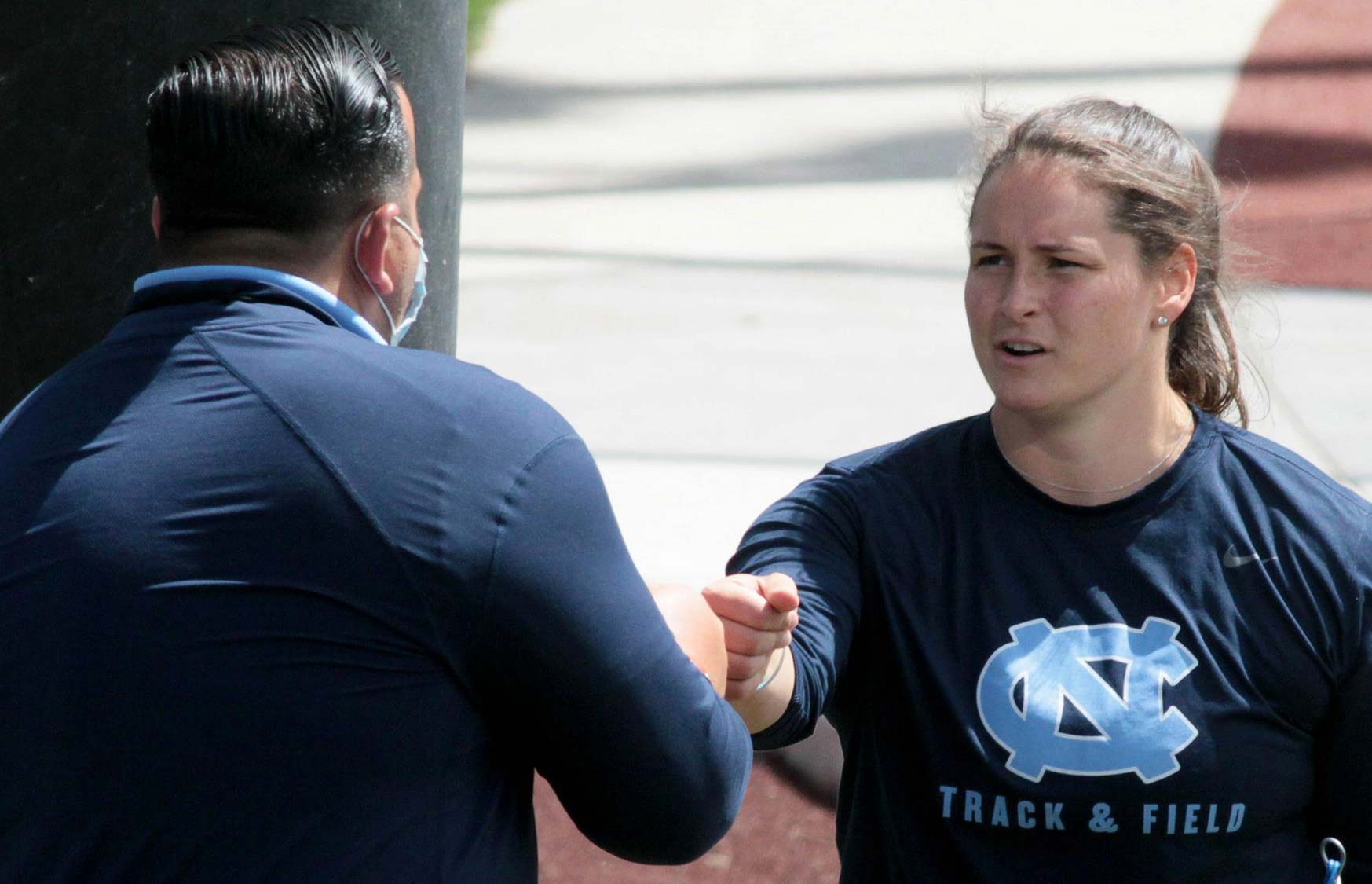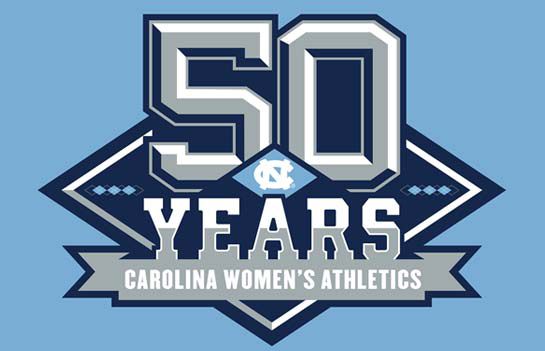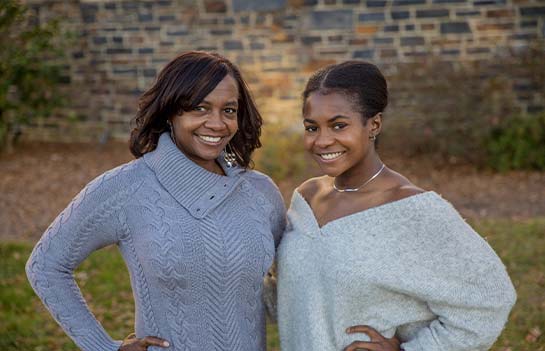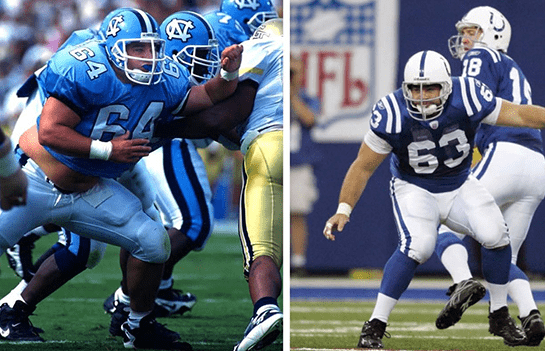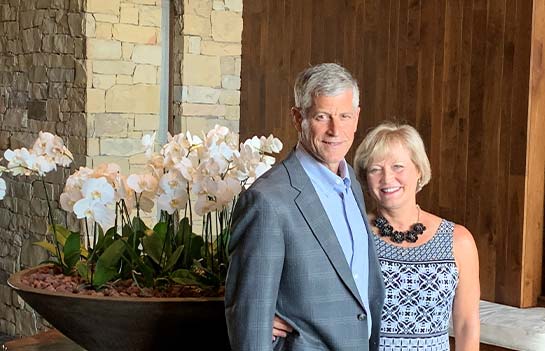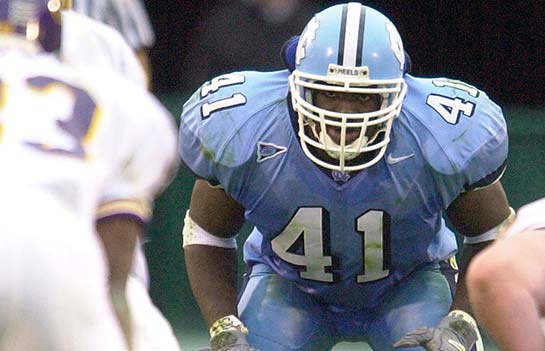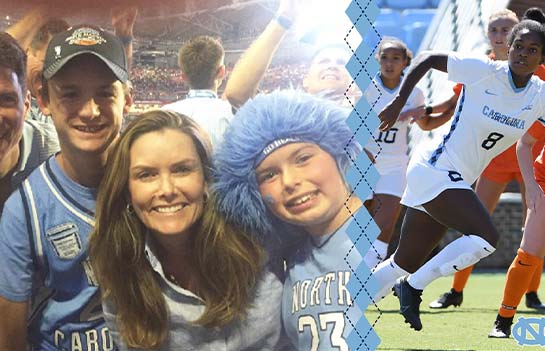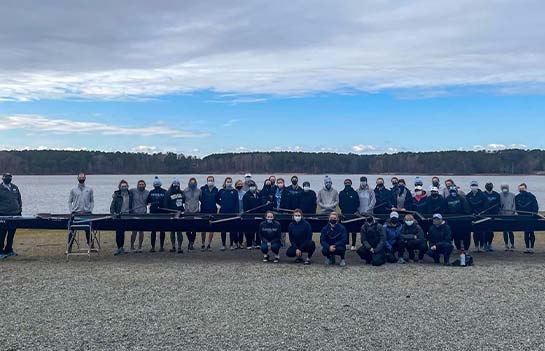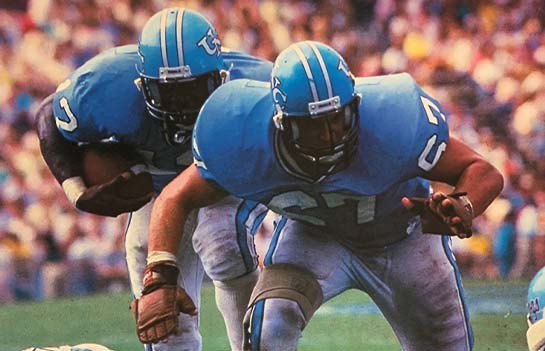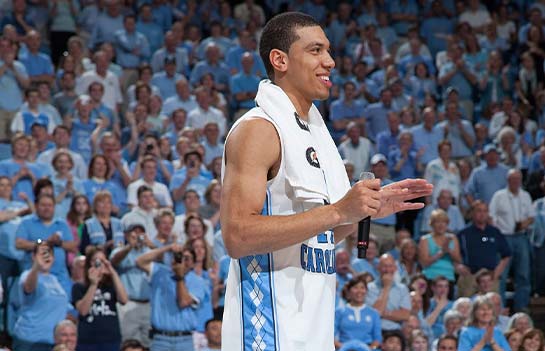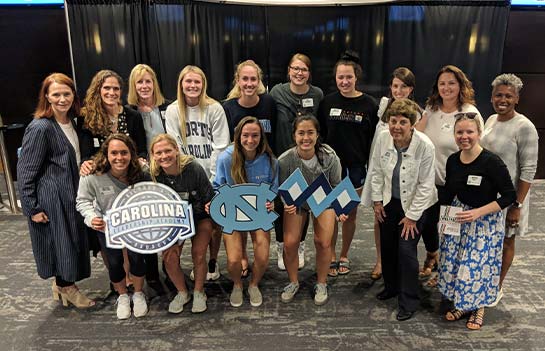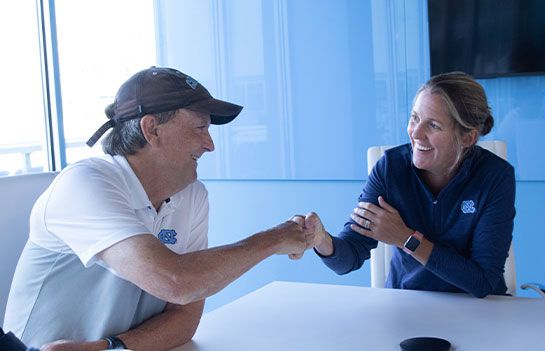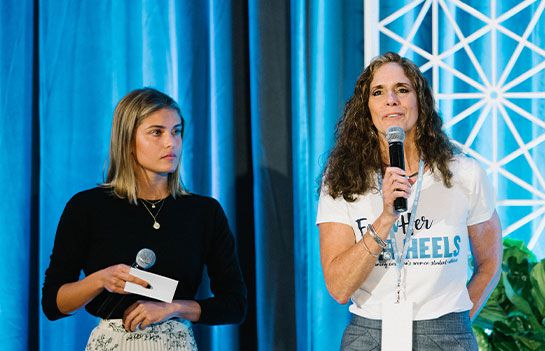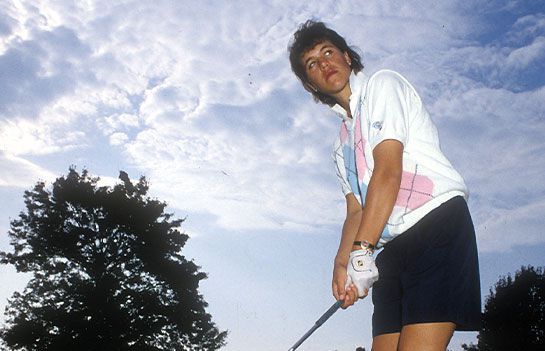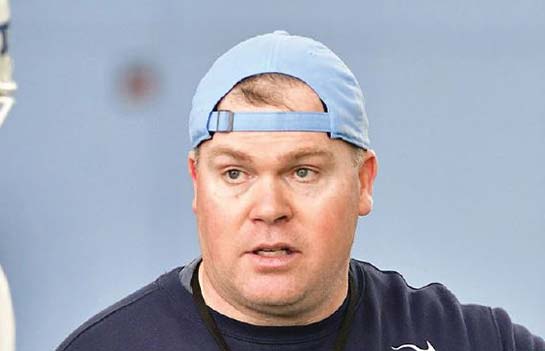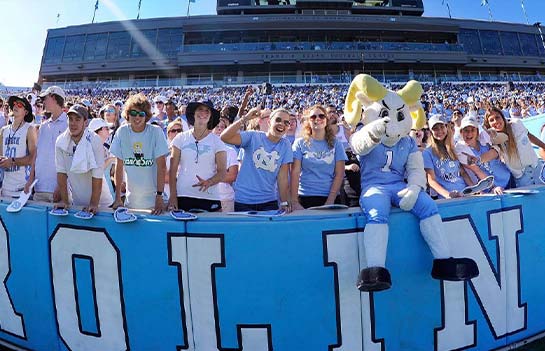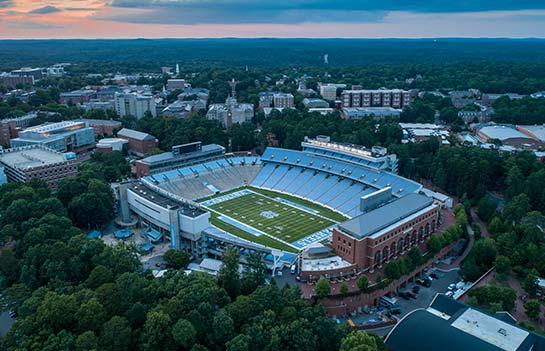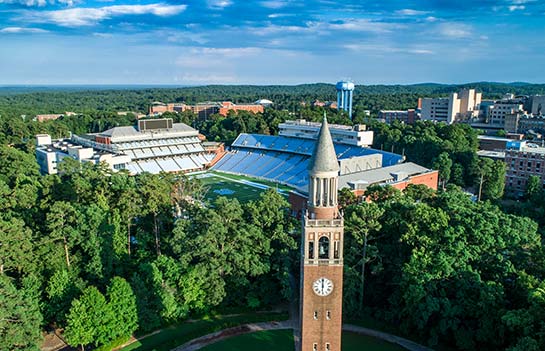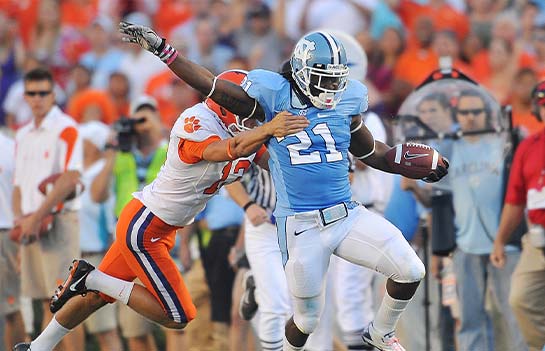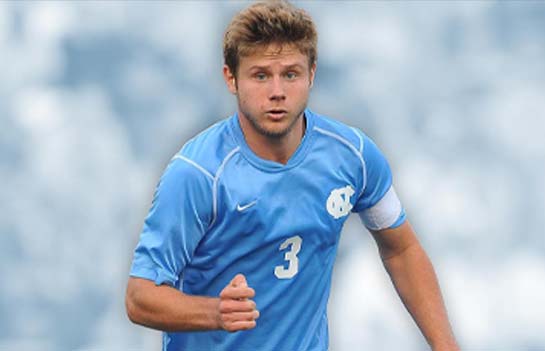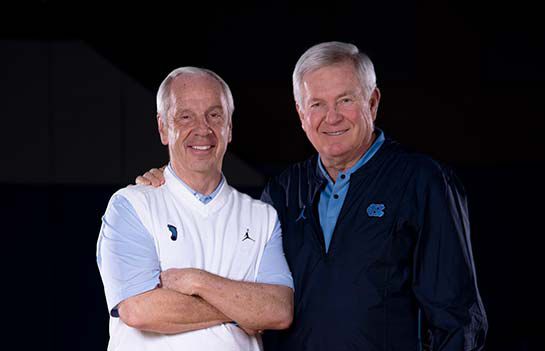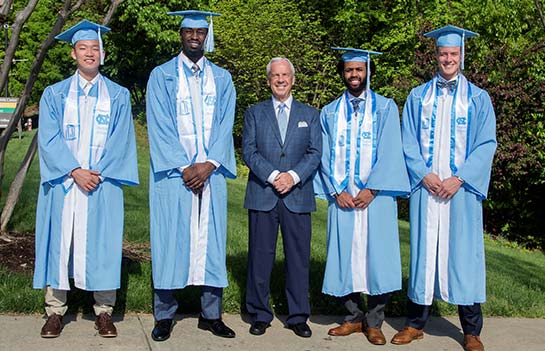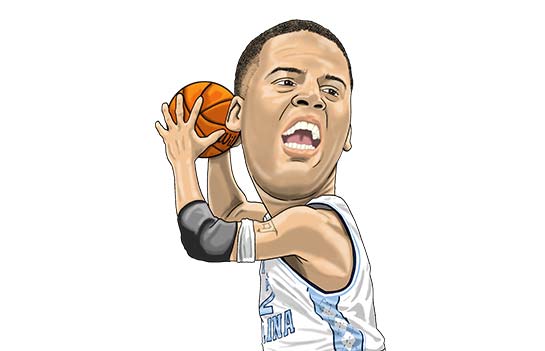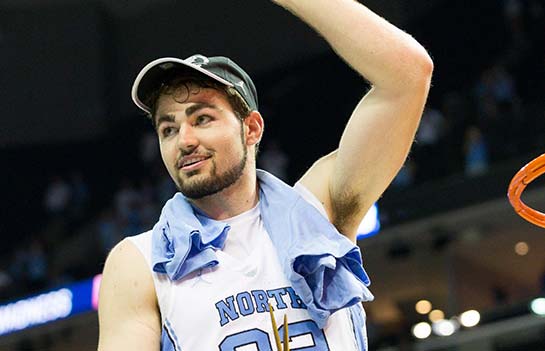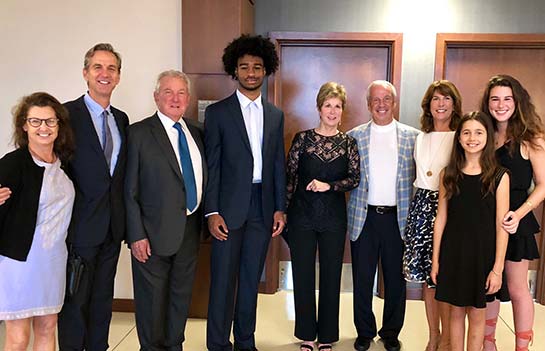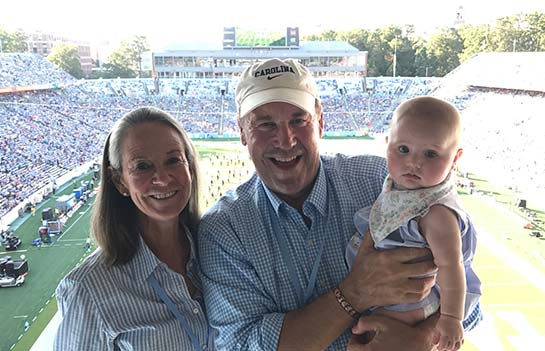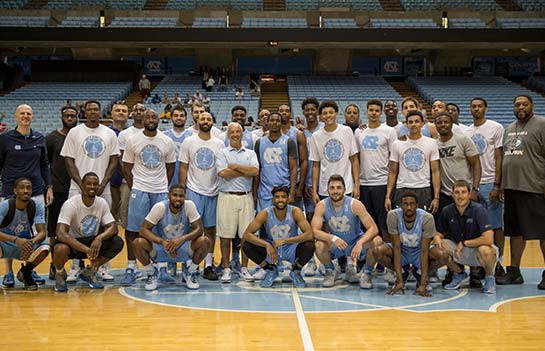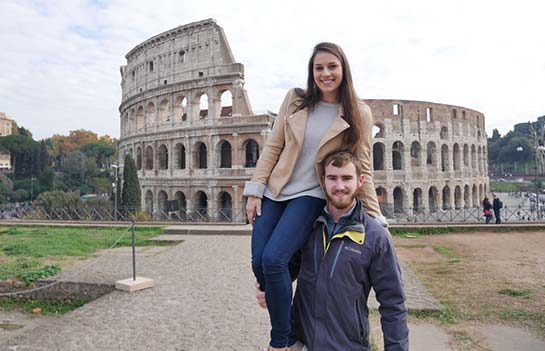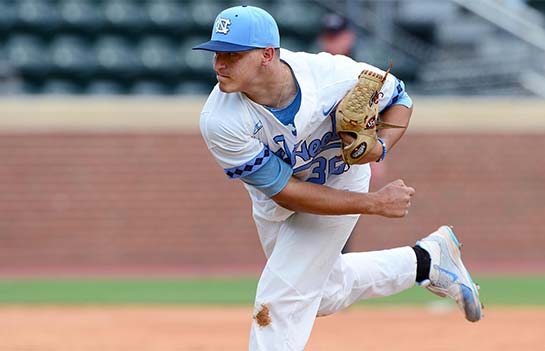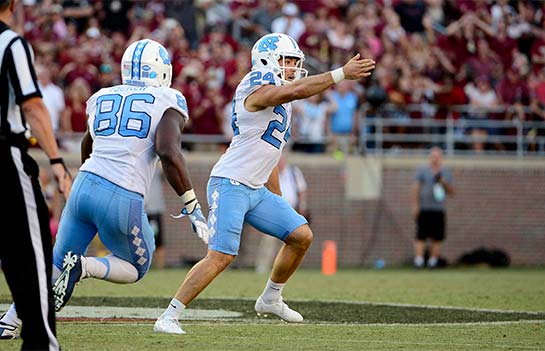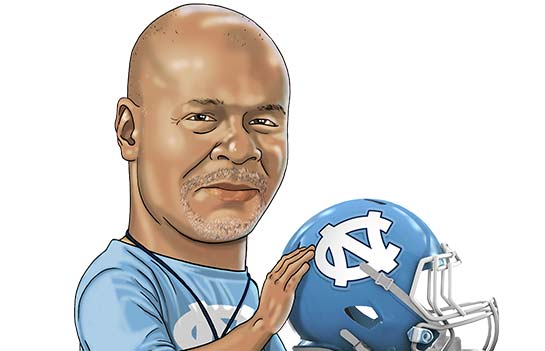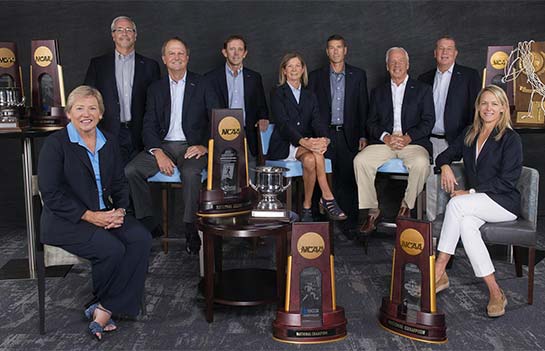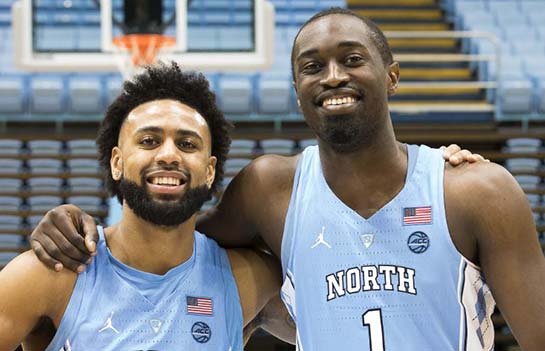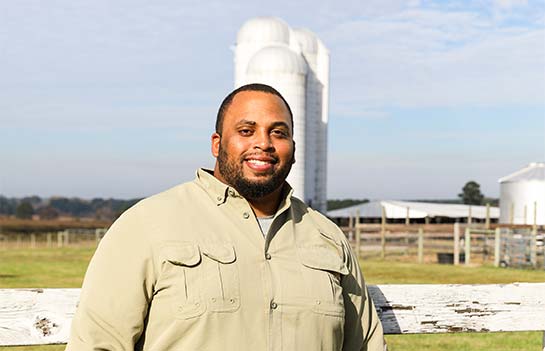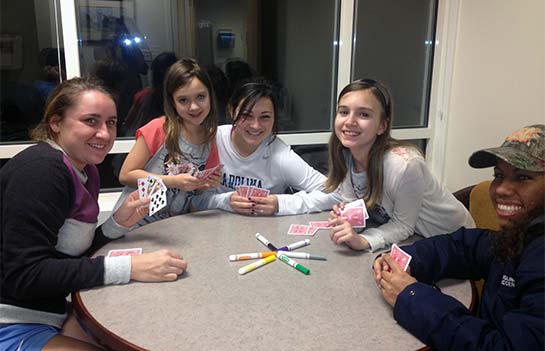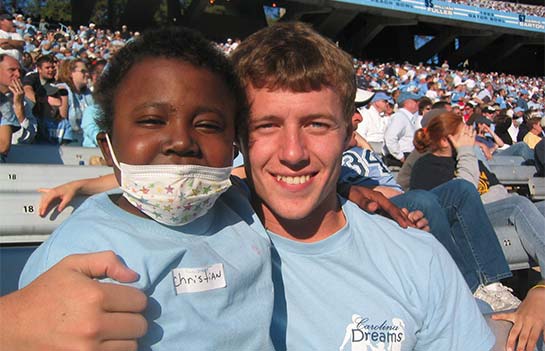BEST IN THEIR FIELD
FOUR OF CAROLINA'S HALL OF FAME HEAD COACHES REFLECT ON THEIR SUCCESS
The University of North Carolina has long been a national leader in women's sports. That includes having four active head coaches who are in their respective Halls of Fame. We asked all four for some of their thoughts on a few key questions.
WHAT HAVE YOU LEARNED FROM BEING IN AN ATHLETIC DEPARTMENT WITH YOUR HALL OF FAME COWORKERS?
Donna Papa: It creates an environment where you can surround yourself with people who have had great success, and you have easy access to people who have had great success. You have opportunities to hear them speak or to bring them to talk to your team. You get to hear their philosophies and what their process is like, and it's a really cool atmosphere. They always say you want to surround yourself with the best people you can to be successful, and that's what we do at Carolina, because we have access to them as resources.
Karen Shelton: Coach Smith set the tone for the department in terms of coaches doing the right thing. Anson set the standard for women's athletics. His genius has always been inspiring to me. In terms of trying to get inspiration from a fellow coach and trying to model our program after them and keep up with them, he's the one to whom I've had the most exposure. I always felt really lucky if I ended up in his group in an activity at the Leadership Academy.
HOW MUCH OF A HALL OF FAME COACHING CAREER IS TECHNICAL X AND O KNOWLEDGE AND HOW MUCH IS UNDERSTANDING AND RELATING TO PEOPLE?
Anson Dorrance: It's your longevity and recruiting and sustaining a culture. If you have one or two great recruiting classes, you can have some success. But if you have a couple bust years in recruiting, you can fall off the edge of the earth. To have a Hall of Fame career, it's the combination of your ability to recruit effectively and your consistency in creating a culture that attracts extraordinary players.
Sylvia Hatchell: Success at anything is about relationships. It doesn't matter if it's home, business, team, church – it's about relationships. You're going to have multiple situations where you go through a whole lot. But it's always about relationships. And the kids may not understand at the time why you're doing something. But I can't tell you how many have come back over the years and said, "Thank you for making me do this. I didn't want to do it at the time, but thank you." You don't have peaks without the valleys. You have to handle all the situations and all the relationships while persevering.
Shelton: It's a combination of everything. You have to have the knowledge of the game. You have to have the ability to recruit good kids who fit your program and style. You have to have the relationships with high school coaches, colleagues in the department, and donors. There is an element of relationship building but you have to know the game and be a good manager. I often say to my assistant coaches that one of the most important things I do is decide where we spend our time – what we do and when we do it, in addition to who I surround myself with.
COACH HATCHELL MENTIONED EACH OF YOU HAVE HAD TO PERSEVERE ALONG THE WAY AGAINST A CERTAIN BATTLE. HOW HAS THAT HELPED SHAPE YOUR SUCCESS?
Papa: You just keep working to find the best way and to continue to persevere at something you enjoy doing. If something isn't going the way you want, how can you do it better and what path might you have to take? For softball in particular, when I came to Carolina, we had a couple of scholarships and the sport of softball in this state was slow pitch. I came from a background of fast pitch, and that was very different. Making those kinds of transitions in this state and seeing how big the game has gotten while we have gone from two scholarships to 12 scholarships has been very rewarding.
Shelton: Certainly, there are struggles. The same thing is true for student-athletes. That's one of the great things about women's athletics. We push them, and we might push them harder than they've ever been pushed before. Whatever we've had to go through only makes us stronger. Self-reflection and being able to reflect on the program are always good. None of the coaches in this department think we know it all. There is always room for improvement and growth.
WHAT IS IT ABOUT CAROLINA THAT SEEMS TO ATTRACT SUCH TALENTED COACHES WHO WANT TO SPEND A CAREER IN CHAPEL HILL?
Dorrance: When you come to paradise, it's impossible to leave. I've lived all over the world. When I finally got to Chapel Hill, I knew I was home. I never wanted to leave. I absolutely loved my Carolina experience as an undergraduate. Of all the places I've lived, not just overseas but in this country, I was overwhelmed with the quality of life in Chapel Hill. I wanted to figure out a way to hack out an existence living right here.
Shelton: The winning culture here at Carolina is fantastic. We have an academic institution that is world class. We attract great kids. This is a wonderful place to live. We haven't always had the biggest budgets or salaries, but the leadership within the department has always been good. There's a great loyalty and camaraderie in being a Tar Heel.
Hatchell: When I was at Francis Marion, we went to the national championship and women's basketball was taking off. I interviewed at several places, and when I went to those interviews, I wasn't sure. For some reason, it didn't feel like the right fit. I wasn't going to go somewhere just to go somewhere. I turned down two offers, and people thought I was crazy.
I'm from Gastonia, and I grew up a big Dean Smith fan and watched him coach. That was one of the things that attracted me to Carolina. When I was able to interview here with (former athletic director) John Swofford, the other four people who interviewed were already proven Division I head coaches. I remember putting my hand on Mr. Swofford's desk and looking him in the eye and saying, "Mr. Swofford, I want this job. I don't care what you pay me." Maybe that wasn't the best negotiating tactic, but I meant it. Every time I see him, I still thank him for the opportunity he gave me.
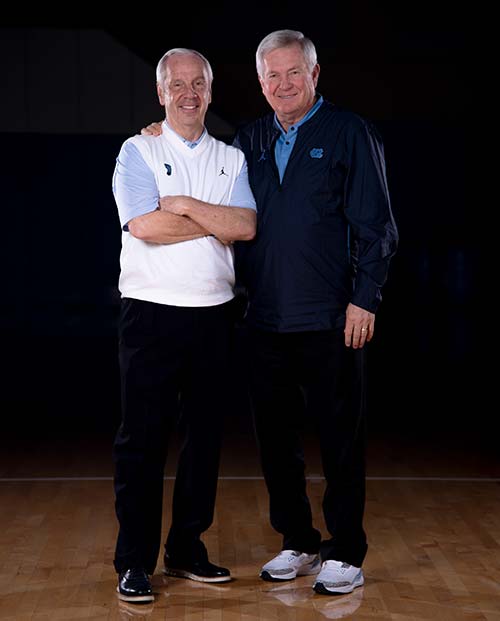
He was such a great leader. My third year, I was in the weight room of the old field house around 6 or 6:30 at night. John was over with Mack Brown in his office. John came out at the same time I came out and we were walking to the parking lot together. He knew I was a little bit down, because we were fighting so hard and we were close, but we weren't there yet. He put his arm around my shoulder and said, "You are my coach and I believe in you." That was all he said, but that was all I needed to hear. I wanted to win so badly for him. A couple years later, things took off and we won the national championship, and I still remembered what he told me when we were struggling. That has been the mentality and philosophy at Carolina for a long time.
Papa: The success that was created by people like Coach Smith and by Anson continues to build success. Carolina is a great destination in the way that it's such a great balance between academics and athletics. I feel great about promoting Carolina because of the great academics that we have. If you come here, you can compete at a high level in the classroom and on the field while living in one of the great college towns in America. The people you surround yourself with in the community and within the athletic department are great. Alumni always describe Carolina as a special place, and you can feel that special nature in so many different ways.
WHAT'S THE BEST COACHING ADVICE YOU'VE EVER RECEIVED?
Papa: (Former UNC wrestling coach) Bill Lam told me that every year in your career you will face a new challenge. Whether it's something that happens with a player, something that happens to you, or something within your program, nothing ever stays the same. That's also true in life. Every time you think you're in great shape and things are going smoothly, there will always be some bump in the road you have to figure out.
Shelton: My husband, (former UNC lacrosse coach) Willie Scroggs, used to always say that attitude is everything. I'm always trying to get the kids to look at things with a proper attitude, and to approach all the hard things we do as investment instead of work.
WHAT ADVICE WOULD YOU GIVE A YOUNG COACH TODAY?
Hatchell: You have to have discipline if you're going to have a great program. All our great coaches at Carolina are great disciplinarians. And you have to have the discipline to develop your philosophy and then implement it. In some situations, you have to have tough love. Sometimes I think to myself, "If I was a player, would I want to be coached by me?" For a lot of kids, the first time they're disciplined is when they're on our team. Some of the great athletes in high school or AAU are such good players that they don't receive a lot of discipline, because the rules may not apply to them.
Shelton: The same thing I tell my players: love the game. If you're trying to get in just as a profession, that won't work. You have to have a love and a passion for the game. That's true in any profession that you choose. Pick a job you love and you'll never work a day in your life.
More Stories
The impact of giving comes through in wonderful stories about Carolina student-athletes and coaches, as well as the donors who make their opportunities possible. Learn more about the life-changing impact you can have on a fellow Tar Heel through one of the features included here:
